10 of the best 1970s albums to test your speakers
From Paul Simon to Pink Floyd
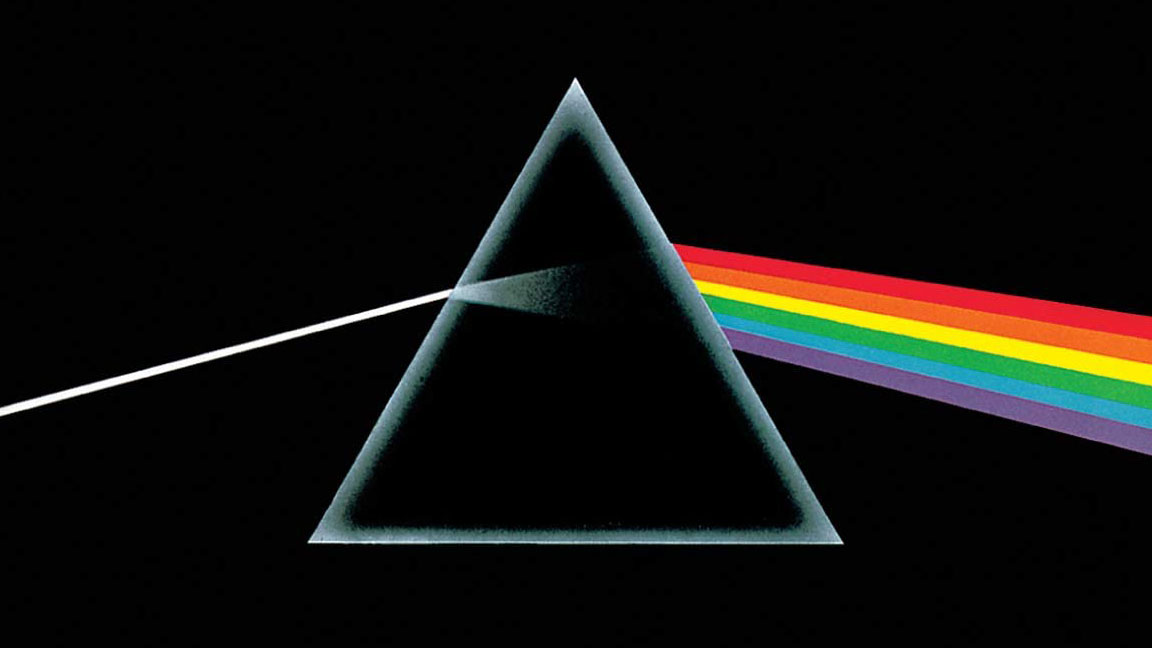
Most people have familiar records and tracks to put their system through its paces and give it a thorough workout. For the team at What Hi-Fi?, however, these go-to tracks and albums become a vital part of the reviewing process.
Of course, different people use different music, and everyone has their own preferences as far as style and form are concerned – but here are some of our old faithful go-tos from around half a century ago. 1970s, here we come...
Bitches Brew by Miles Davis (1970)
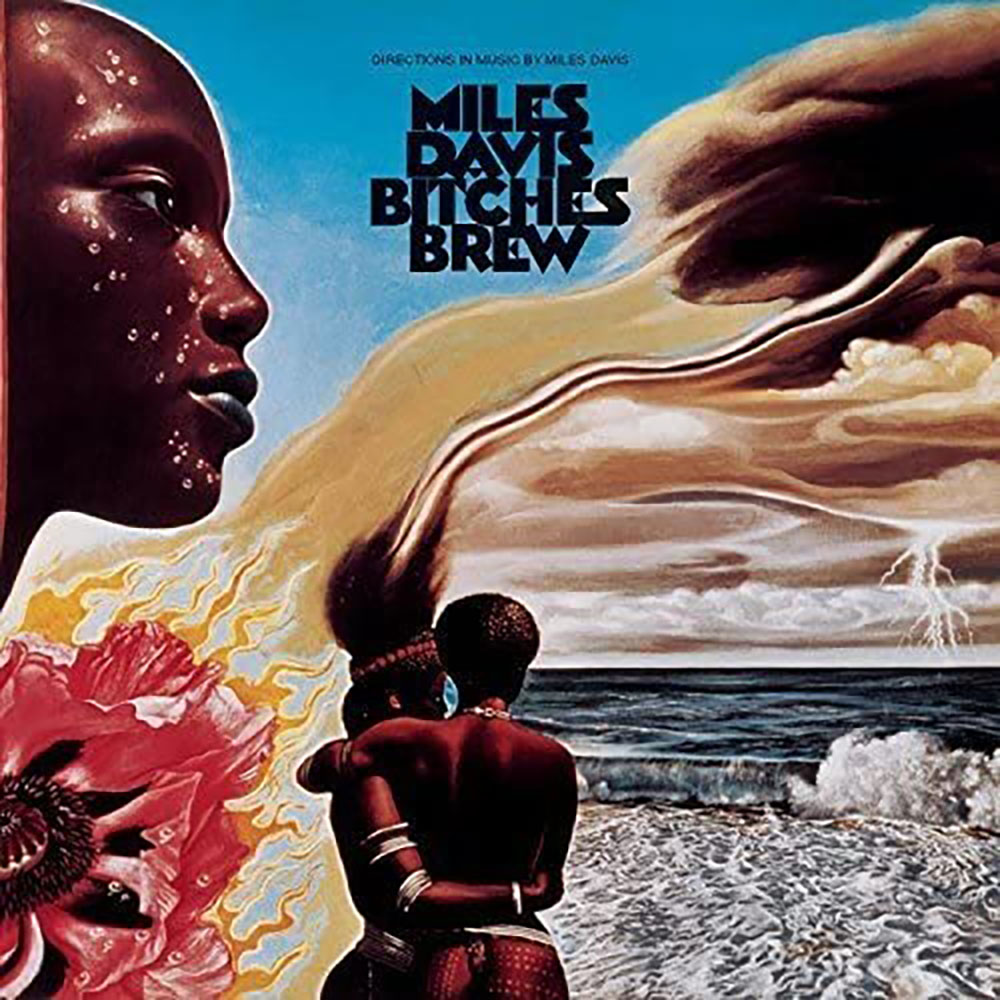
This revolutionary album, released at the start of a new decade, changed the face of jazz. It's not always an easy listen – especially for those of us who aren't jazz aficionados – but, as with a classic novel (once you get past the first hundred pages or so...), Miles Davis's genius shines through and has the listener gripped.
And, of course, a good hi-fi system is a must if you want to sort out the musical strands in what can, in the care of poor electronics, become a confusing, disengaging disappointment.
What's Going On by Marvin Gaye (1971)
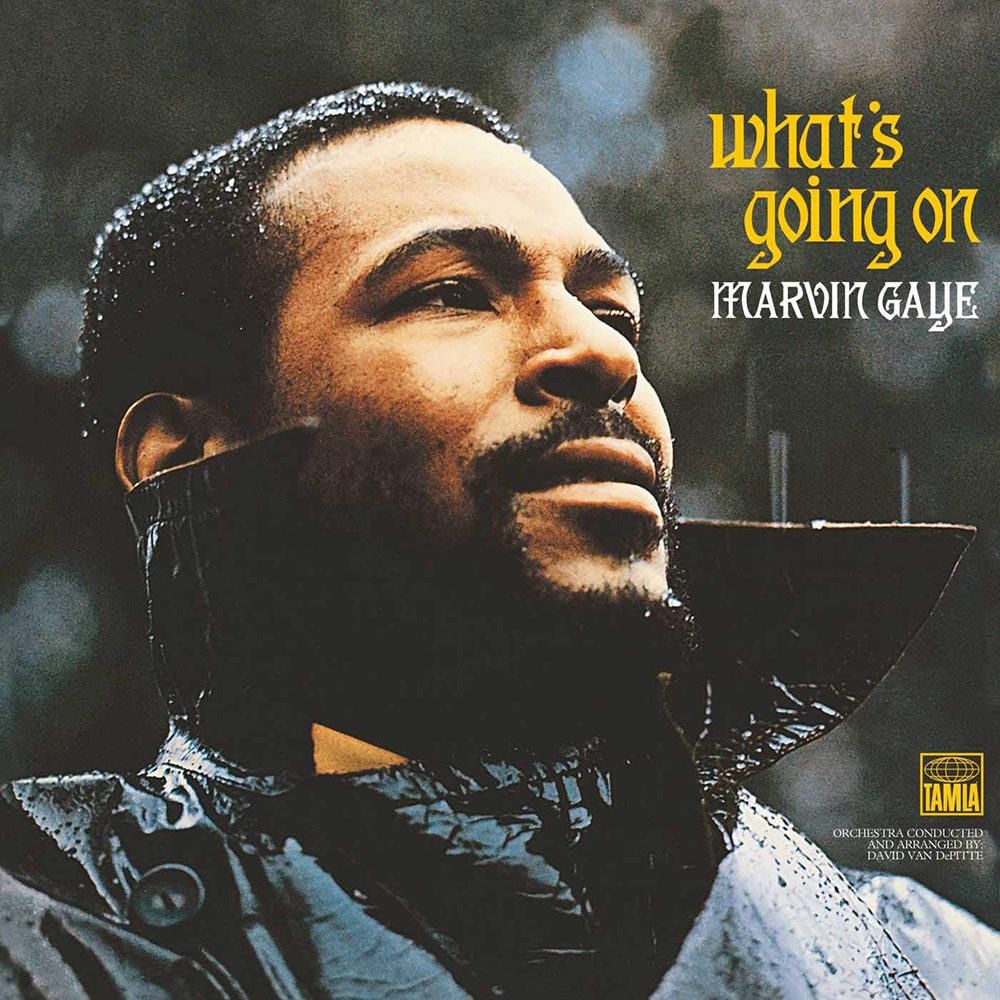
One of the seminal albums of the 70s, What's Going On is a politically charged, soulful and sad response to the Vietnam War and the state of the nation at the time.
A wonderful mixture of soul and jazz, with haunting melodies and thought-provoking lyrics, this album has stood the test of time better than most, and deserves a place in any record collection.
Tapestry by Carole King (1971)
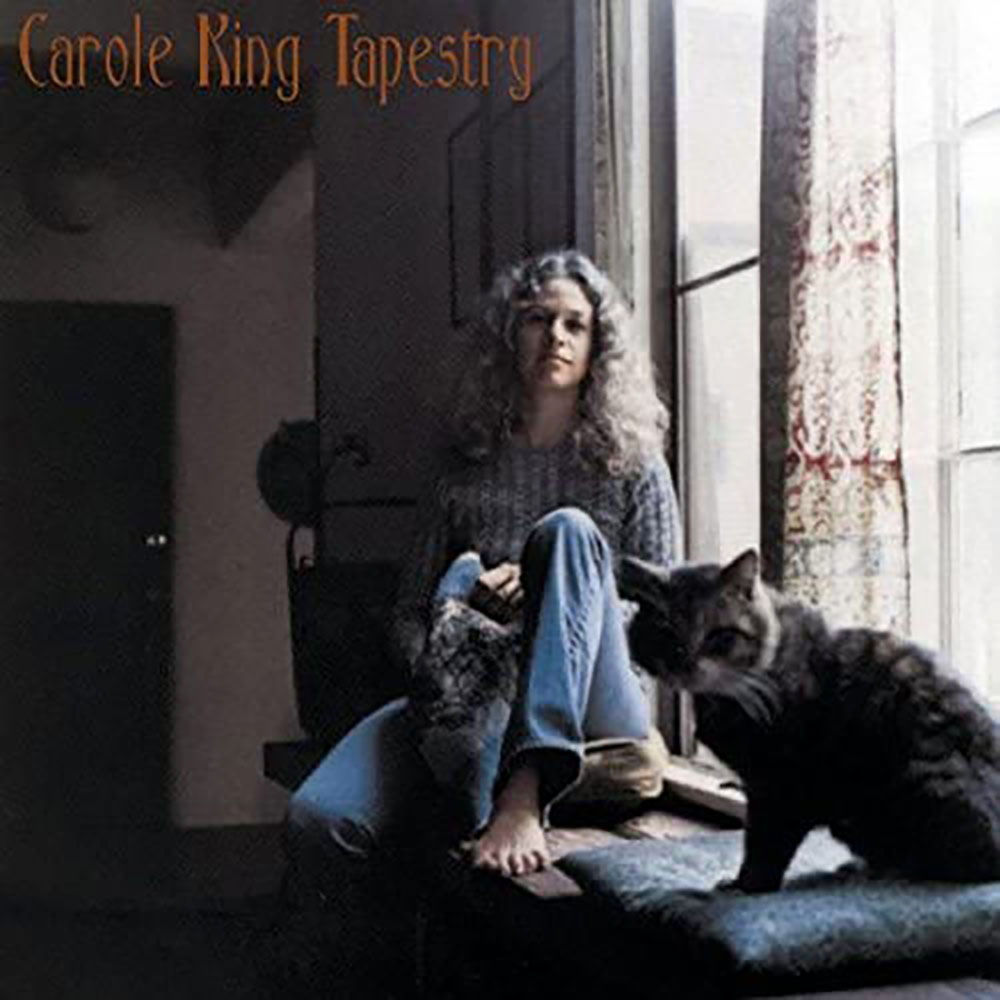
Tapestry is one of the best selling albums of all time – and it seems only fair that Carole King should reap some recognition outside the industry from a career in song-writing that, up until that point, had meant monster hits for other people.
Get the What Hi-Fi? Newsletter
The latest hi-fi, home cinema and tech news, reviews, buying advice and deals, direct to your inbox.
King, with co-writer Gerry Goffin, wrote such classics as Take Good Care Of My Baby by Bobby Vee, The Drifters' Up On The Roof, and (You Make Me Feel Like) A Natural Woman, made famous by Aretha Franklin. And plenty more.
Tapestry, was King's own, however, and is packed with beautiful melodies – including her own version of A Natural Woman, of course.
Ege Bamyasi by Can (1972)
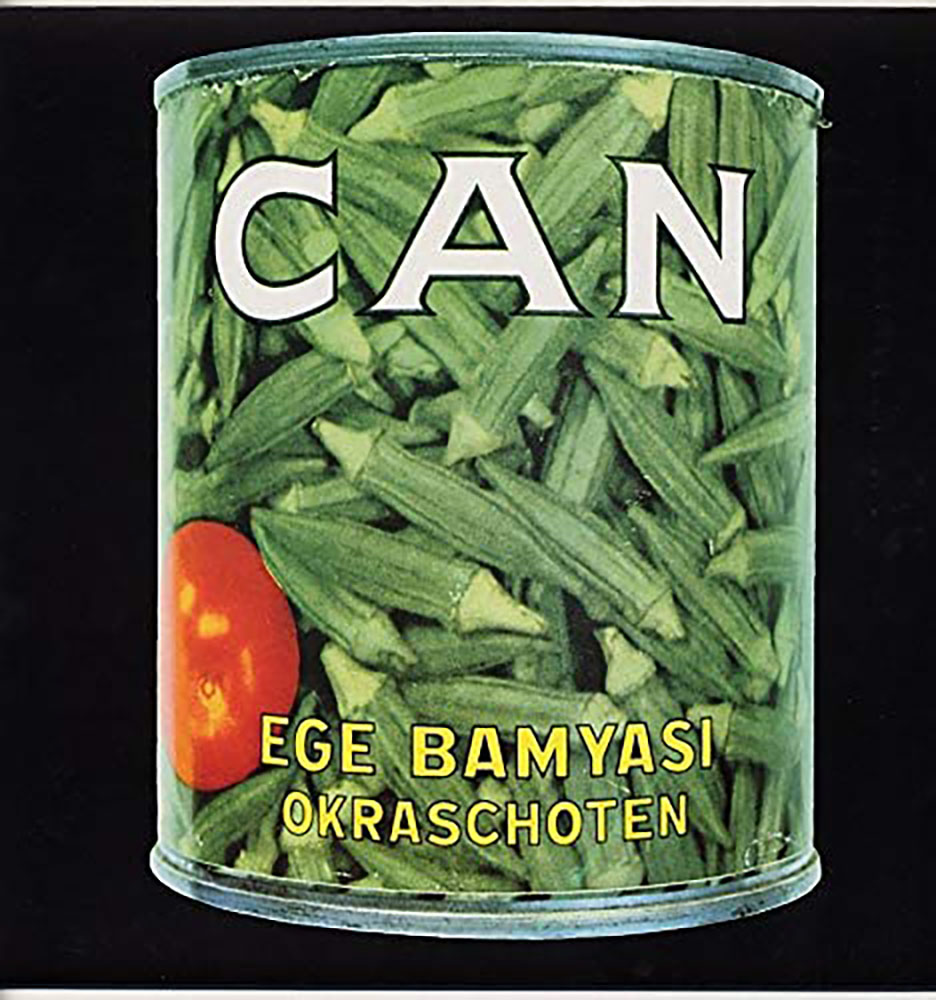
Another acquired taste, perhaps. But, again, one worth persevering with. A heady mix of musical genres, Ege Bamyasi is hard to define – but Krautrock is too simplistic, and certainly doesn't give it the gravitas it properly deserves.
Tricky, complex rhythms and beats will certainly put your speakers to a proper test – especially once you've taken the time to get to know this remarkable piece of work.
Paul Simon by Paul Simon (1972)
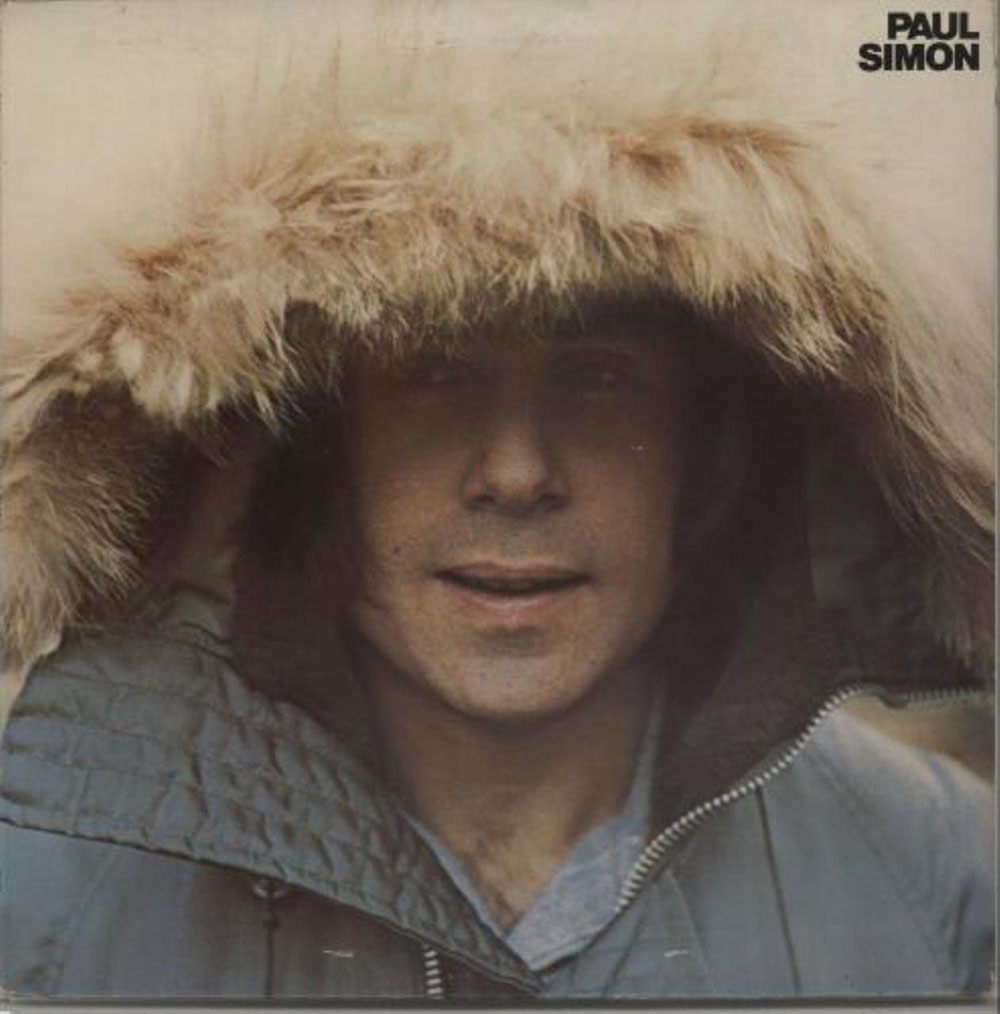
By setting himself free from his angel-voiced partner of many years, Art Garfunkel, Paul Simon could finally embrace a variety of musical genres that the previous collaboration somehow prohibited.
And this, his eponymous first solo album, is a trailblazer on that journey, influenced by and referencing as it does a variety of musical genres from all over the Americas – from folk to blues, via South America and the Caribbean.
Goodbye Yellow Brick Road by Elton John (1973)
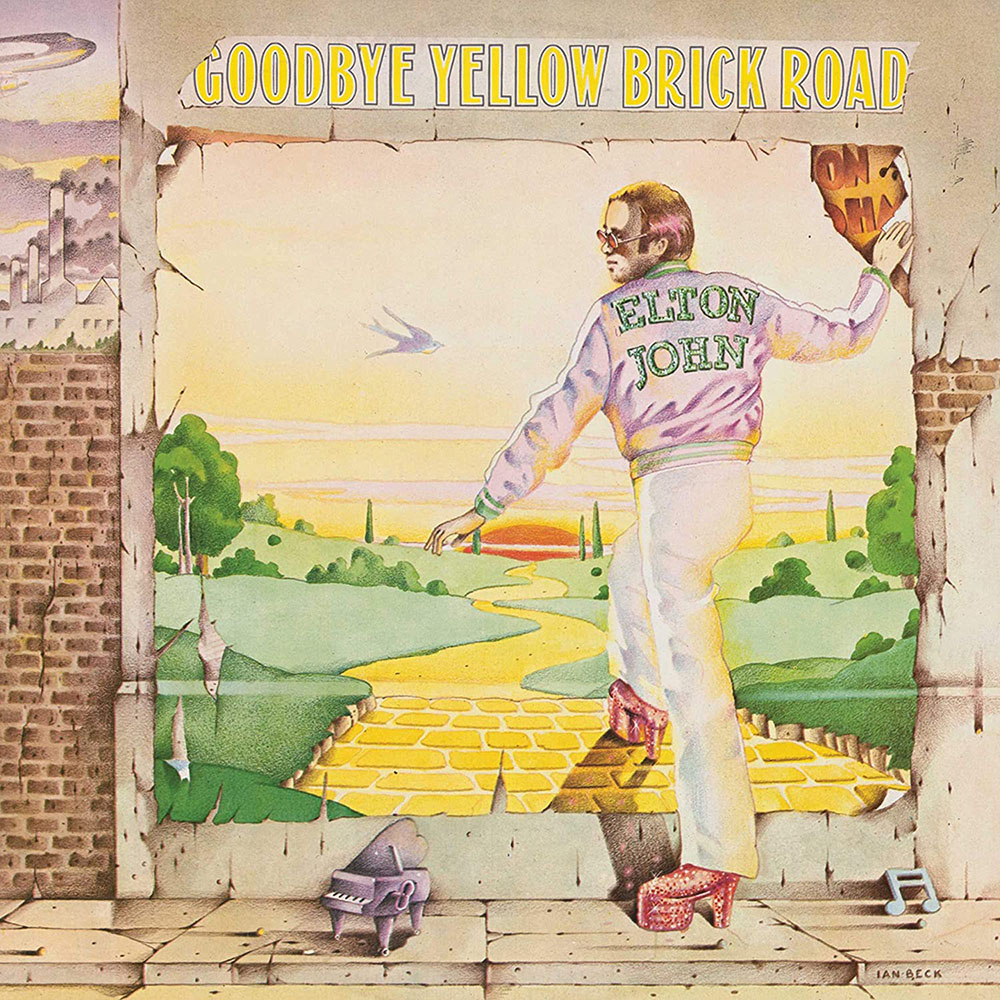
Elton John had any number of hit albums throughout the 70s of course, but few of them have as many belters as Goodbye Yellow Brick Road.
This album contains some of his and lyricist Bernie Taupin's very greatest hits, from the title track, through Candle In The Wind, Bennie And The Jets and Saturday Night's Alright For Fighting. Winners, all.
The Dark Side Of The Moon by Pink Floyd (1973)
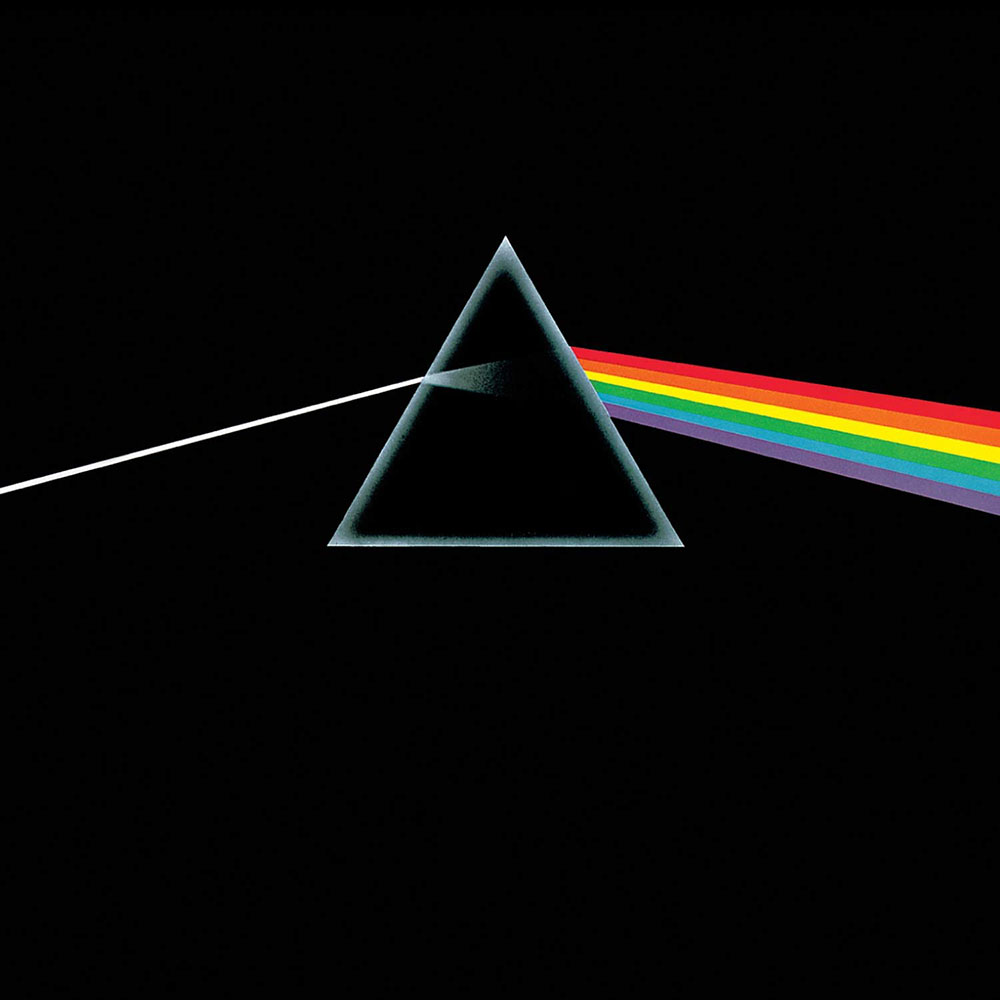
The iconic cover imagery still adorns millions of t-shirts and bedroom walls. And, of course, if spaced-out students were to be believed, it's imperative to listen to it alongside a viewing of The Wizard Of Oz.
And yet, strip all the cliche and legend behind this album away, and there it is: a remarkable piece of work from one of the greatest bands to have graced a recording studio. Dark Side Of The Moon marked a change in direction for the group and was immediately a great influence on the music creation and production industry.
Another must for any collection.
Songs In The Key Of Life by Stevie Wonder (1976)
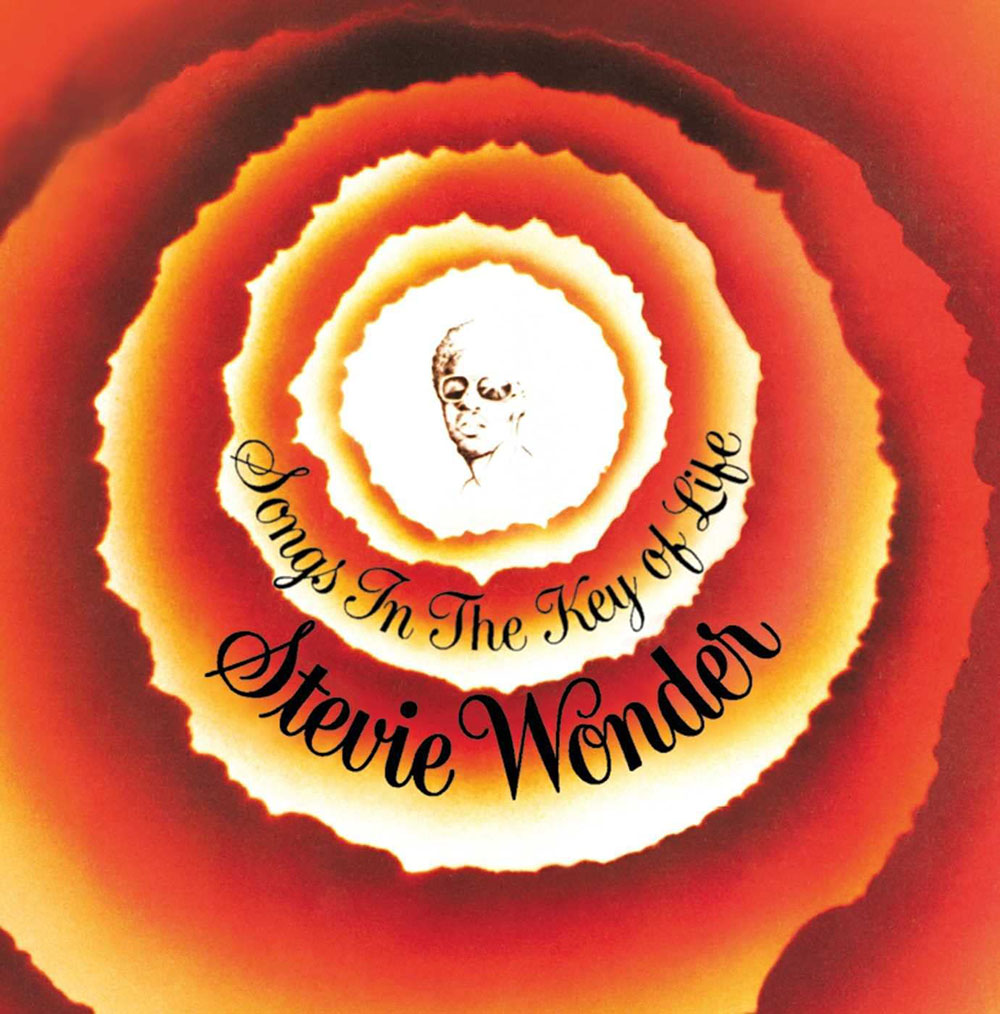
Stevie Wonder had well and truly broken away from the "Little" moniker by now, and along with it the Motown machine that was perhaps restricting him.
Songs In The Key Of Life is a triumphant double album, with every one of the tracks written (or at the very least co-written) by Wonder. It's a soulful, funky delight of a record with a number of singles chart hits, including Isn't She Lovely and the joyous Sir Duke.
A treasure.
Parallel Lines by Blondie (1978)
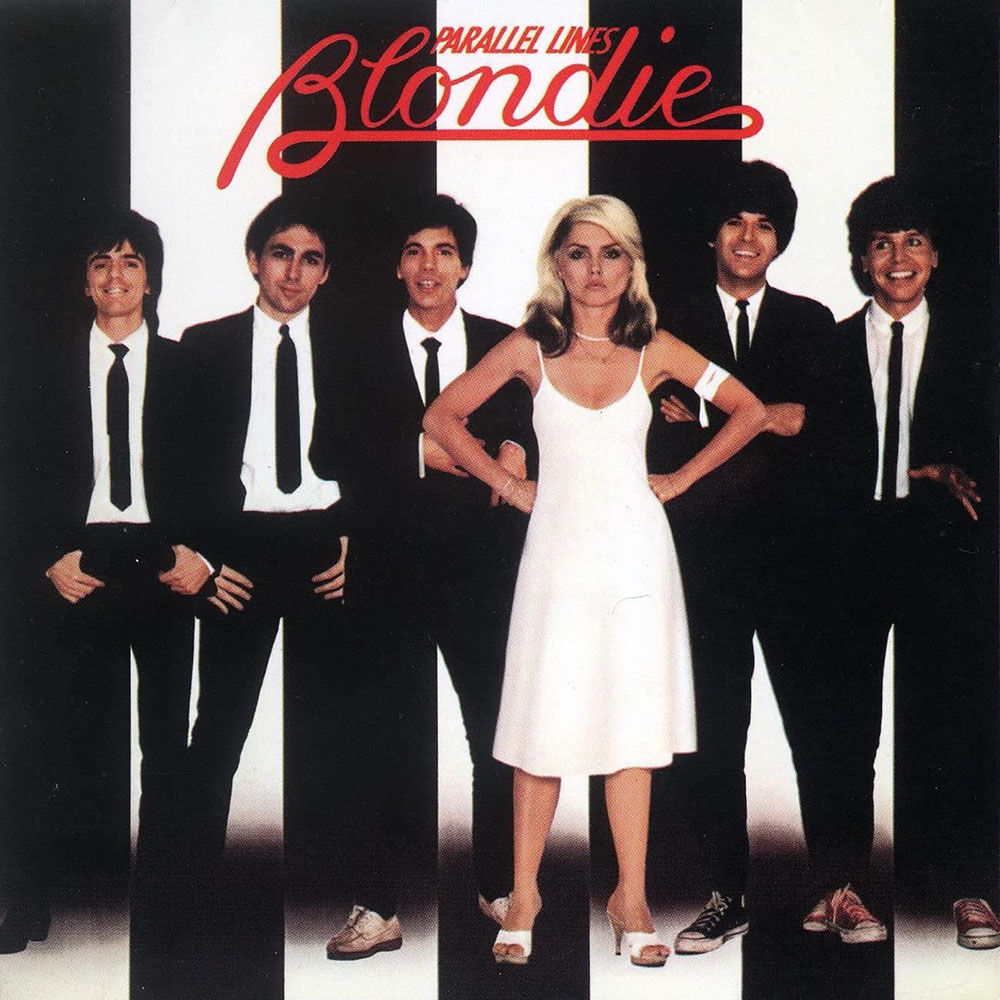
A smash hit on both sides of the Atlantic when it was released in 1978, Parallel Lines ended up delivering so many single chart hits from its 12 tracks that it was almost a greatest hits album in its own right.
Blondie made a mighty artistic leap from the New York punk scene with this entertaining mix of pop and rock, and while the hardcore may lament the band abandoning their punk roots, the rest of the world rejoiced.
With such classics as Hanging On The Telephone, Heart Of Glass, Sunday Girl, One Way Or Another, and so many more, this is one of the classic must-own albums of the 70s.
London Calling by The Clash (1979)
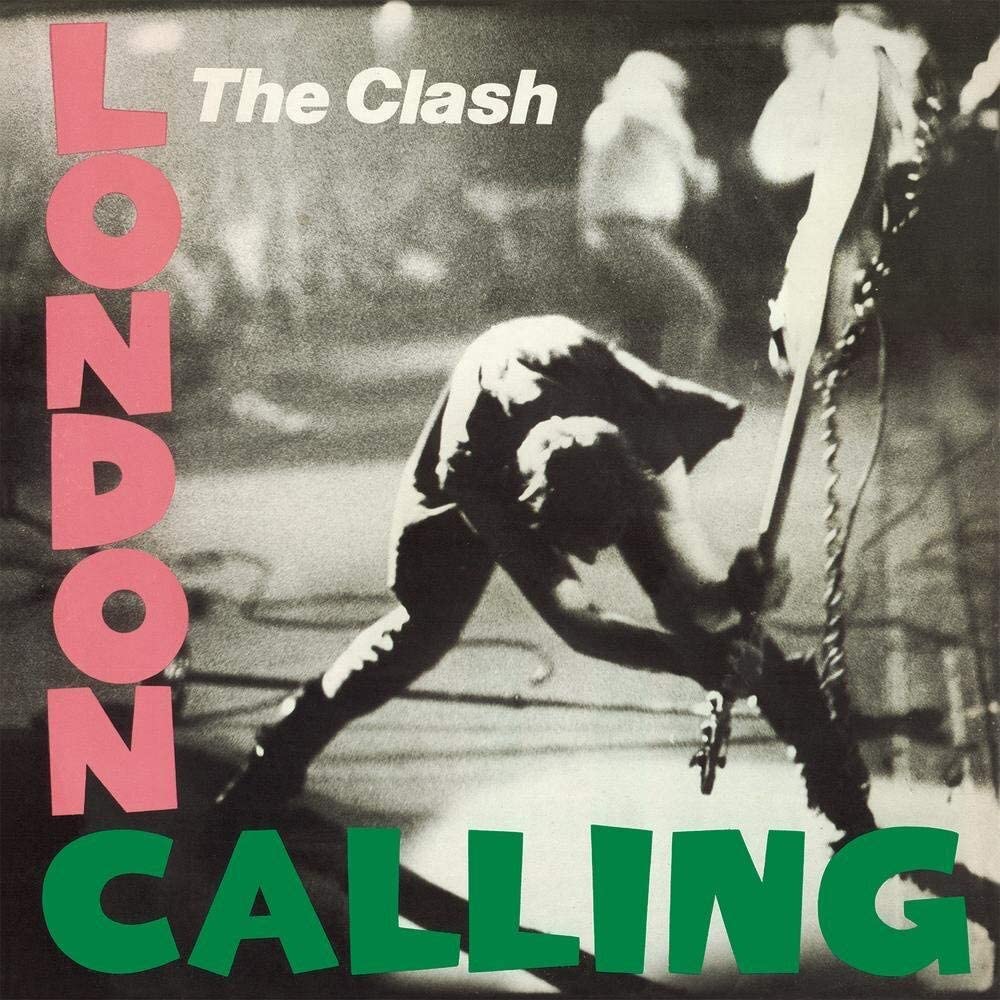
The Clash's third record is a double album released in December 1979, so just sneaks in at the end of the decade.
While The Clash were known as a punk band, London Calling is a riotous mix of many genres, and not really much like anything else 'punk' at the time. The band borrowed from reggae, rockabilly and more and – what was this? – there were some beautiful melodies in there among the politics and protest.
Unashamedly political, yet witty and tuneful at the same time, London Calling was The Clash confirming themselves at the top table.
MORE:

Jonathan Evans is the editor of What Hi-Fi? magazine, and has been with the title for 18 years or so. He has been a journalist for more than three decades now, working on a variety of technology and motoring titles, including Stuff, Autocar and Jaguar. With his background in sub-editing and magazine production, he likes nothing more than a discussion on the finer points of grammar. And golf.
-
doctorrazz I concur with the majority of your choices, but most of us have evolved beyond the limitations of Vinyl. Newly recorded and remastered copies of those classics sound great, a good comparison can be found on Tidal HiFi and Quboz streaming platforms. I am a fan of the MQA copies this will make the Analogue fans flip a disc. Give Miles Davis Tutu in MQA some ear.Reply -
soswishy Vinyl or CD is a question of personal preference, nothing at all to do with "evolution". Indeed many hifi enthusiasts run both. It was a particularly odd comment to make since the article doesn't even recommend a format on which to listen to these albums (and even includes Spotify playlists!).Reply -
Mr. C Nation Friesiansam is perfectly correct. The only way to know if a system of new component is better or worse than what went before is to know what went before intimately.Reply
That is why, at the most basic, recording studios run a test tone of just one frequency through the system to balance everything up.
In the words of Captain Beefheart on Trout Mask Replica "The following tone is a reference tone, recorded at our operating level... "
I have been fortunate enough to have been at the recording of an album, at the stereo mix-down, the mastering for vinyl, the re-mastering for CD and own 12" and CD versions. That is my reference. -
hybridauth_Facebook_10154038329961575 The articles says 10 of the best....not the best 10...there are no doubt 100s of albums that can give your speakers a good work out...does not matter if it is CD, steamed or vinyl....does not matter if it is remastered....just sit back and enjoy...try some of the recommendations (I know some are not in my collection) and love music.....Reply -
Darwinia Replydoctorrazz said:I concur with the majority of your choices, but most of us have evolved beyond the limitations of Vinyl. Newly recorded and remastered copies of those classics sound great, a good comparison can be found on Tidal HiFi and Quboz streaming platforms. I am a fan of the MQA copies this will make the Analogue fans flip a disc. Give Miles Davis Tutu in MQA some ear.
The article says nothing about vinyl and even has screenshots of the albums from a streaming service. -
abricru I was a little surprised that Rumours - Fleetwood Mac didn't make the list.Reply
Dreamboat Annie by Heart was one I liked to try out speakers with. -
Rui of all the albums refered only don´t have the Carole king "Tapestry" i would sugest instead of this "the crime of the century " by Supertramp or "Before we were so rudly interrupted" by Eric Burdon and the Animals, not sure but i think it´s like it was released, two perfect sounding Lp´s with great songs . I think i should refer to the Black sabbath album "vol.4" it was well produced and sounds really good compared to the early black sabbath albums , if it wasn´t for this album i would never had listened to other great lp´s from this band ,but this one seems to me to have also great songs, i remenber playing it and thinking that it had a quality never heard before in black sabbath already existing LP´sReply -
Rui Reply
i don´t think that it is the same, as the cd versions of this 70´s albums sound very bad ,horrible (more acurate)hybridauth_Facebook_10154038329961575 said:The articles says 10 of the best....not the best 10...there are no doubt 100s of albums that can give your speakers a good work out...does not matter if it is CD, steamed or vinyl....does not matter if it is remastered....just sit back and enjoy...try some of the recommendations (I know some are not in my collection) and love music.....
maybe the ones who never listened to the original lp´s with a aceptable quality turntable would never undestand why i say the cds sound close to horrible as they are a perverted version of the original perfect sound of their original releases,
i notice that turntables considered good in the last 10 years have a sound far from a average turntable from the 70´s with it´s original cartridge and stylus.
I only recentelly found a Rega that interested me for the first time as i assembled a new system so the P10 was my choice , the SL-1000R (Technics)new version is extremely expensive and i already have the 79 version(much better) of it that is a very good turntable amongst others from the 70´s
i say this because a lot of people in the 70´s would bought a turntable from pioneer and the first thing they would do is changing the cartridge to a Shure one that if from a reference up were better but the cheaper models were a decrease of quality on the cartridge that came with the turntable from Pioneer, as it happened with technics good cartridges,
as an example the M75B from shure or similar to it , as you refer streaming services they do sound good but if one owns a good cd player with a good dac internal or not will sound superior to the streaming services available,
a funny remark , people today don´t use tone controls but if they are there is because they needed them ,as the Loudness to listen to music at low levels ,mainly at night,
what changes do are noticeable in this refered streaming services in the last 8 years, most of all the equalization,
"but i never put the equalizer on in the services refered, bla bla bla,..."
they do are equalized or they wouldn´t sound so good. Equalizers? today is like "Vade Retro Santanas" but if we were in the 70´s , " ... don´t have a equalizer , you´re not an audiophile,...." than in the 80´s more close to late years , Direct sound ,like if everybody who listens to music as the same quality systems as are installed in the best recording studios,
and no cd comes close to the recording done in studio no matter if digital or analog recording , but normally if one owns a good system with a good cd player and a good turntable , one notices the extra quality of the vinyl record ,one if playing a cd after hearing a record(vinyl) the cd will sound low-fi,
if this doesn´t happen ,no matter what you´ve paid for your turntable it´s quality doesn´t come near a 80´s or 70´s average turntable.
They do are not like they use to make them, as the cartridges also, and the stylus with 1/3 of the listening hours and when new they look they were played for 20 years , already having destroyd all album´s played.
I only use Tidal and Spotify, the others i do not know their sound quality but already heard several times people refering to Tidal as the most quality in sound streaming service, that i have to agree
